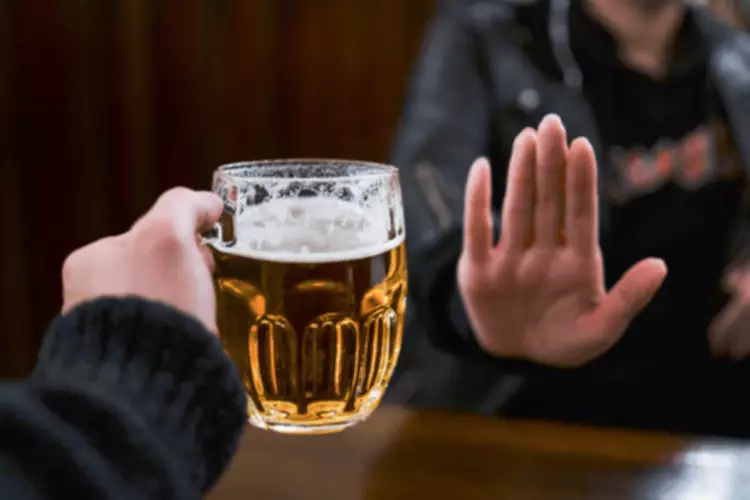People used to believe that addiction only happened in certain areas, like in inner cities, or among specific groups of people, like those who were down and out. But addictions can happen anywhere, from college campuses to rural and suburban towns. And anyone can become addicted, from people experiencing homelessness to business executives. Addictions can start slowly as people experiment with different types of drugs. Or they can come on quickly, like what is now happening in the opioid crisis.
Psychiatric Care
Addiction affects both brain circuitry and behavior, resulting in an individual’s inability to regulate drug consumption. A combination of genetic, environmental, and personal factors influences the development of addiction. Addiction is a complex and chronic brain disease characterized by compulsive physiological dependence on alcohol drug seeking and use despite harmful consequences. It’s important to seek help if you or someone you care about is struggling with addiction. The journey of recovery can be difficult but fulfilling, and professional support can greatly increase the chances of achieving lasting sobriety.
Substances Associated with Psychological and Physical Dependence
No matter whether you’re dealing with a moderate or strong addiction, there’s hope. Work with a set of addiction treatment experts https://ecosoberhouse.com/ who can help you with your substance use disorder. Once you beat your physiological dependence, you’ll continue with treatment.
Get Help for What You’re Experiencing by Calling United Recovery Project
- From there, they move into addressing the underlying causes of their substance use, which is the psychological side of addiction.
- To effectively address addiction, it is crucial to acknowledge and address both physical and psychological dependence.
- This type of dependence is considered predictable and, in most cases, can be managed by medication.
Receiving treatment for SUD may include taking medications to curb substance cravings and decrease withdrawal symptoms. However, it can also include other aspects, such as undergoing psychosocial therapy. Unlike tolerance, which focuses on how much of the substance you need to feel its effect, physical dependence happens when your body starts to rely on the drug.
Addiction vs. dependence: What is the difference?
To effectively address addiction, it is crucial to acknowledge and address both physical and psychological dependence. Treatment programs that solely focus on one aspect may prove ineffective in achieving long-term recovery. Holistic approaches that integrate medical, psychological, and social interventions are often the most successful. Understanding the interplay between physical and psychological dependence is crucial in comprehending the complexities of addiction. While physical and psychological dependence are distinct, they often coexist and influence one another in the context of substance abuse and addiction.
- Anyone with an addiction can get help at any point if they feel it’s the right time.
- Physical dependence refers to the body’s reliance on a substance, such as drugs or alcohol, to function normally.
- Some gambling apps have installed software that allows users to manage their gambling impulses.
- The binding of the ligand causes a change in the quaternary structure of the receptor.
How Addiction Affects the Brain

However, for most people, there is still much work to be done in rehab. Pioneering Whole Person Care over thirty years ago, Dr. Gregory Jantz is an innovator in the treatment of mental health. He is a best-selling author of over 45 books, and a go-to media authority on behavioral health afflictions, appearing on CBS, ABC, NBC, Fox, and CNN. The study had a low pleasure score on the factors for dependence but ranked high in psychological and physical dependence with a mean score of 2.08.
- The release of certain neurotransmitters may now depend on the presence of the drug.
- Depending on the substance, the individual may require detoxification as the first step in their treatment plan.
- If you’re ready to get help, you’ll need to understand that not all addictions are the same.
- They have the same right to treatment and care as a person with any other health condition.
- Psychological addiction is also known as an emotional or mental dependence on drugs or alcohol.
